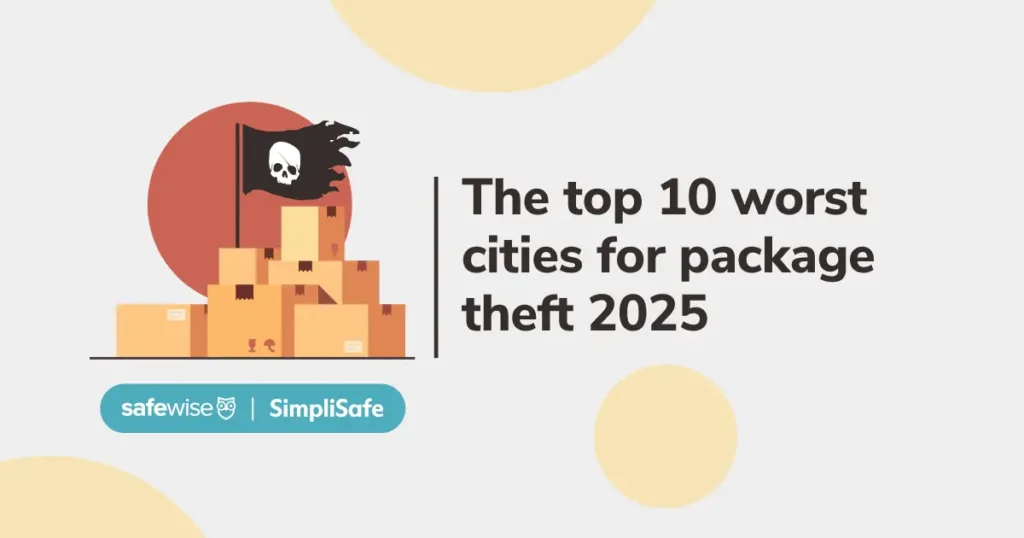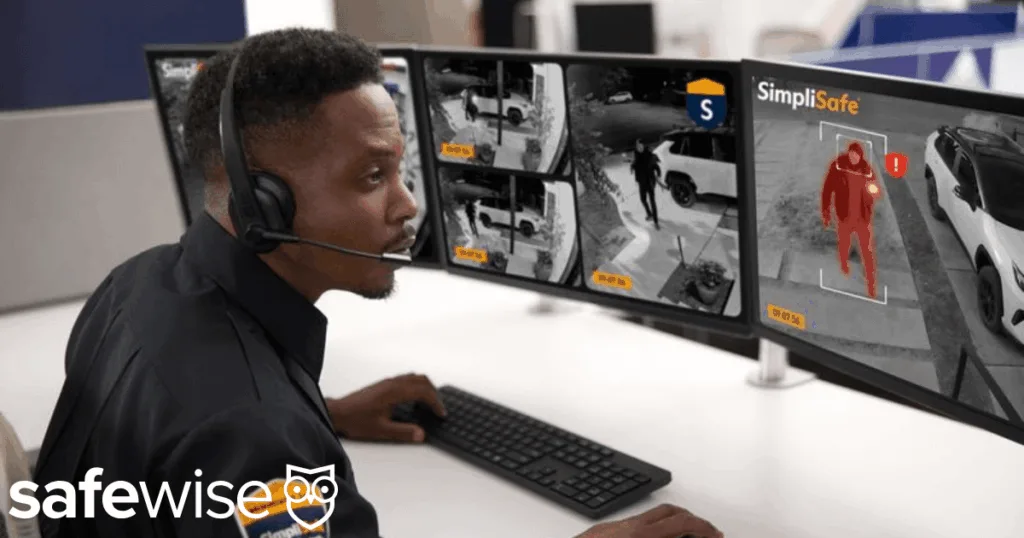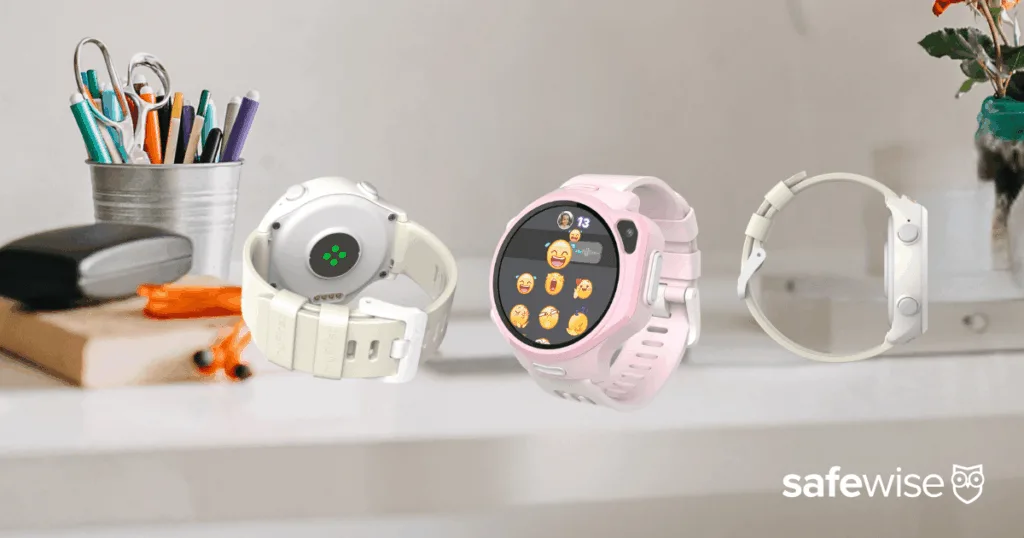Bark and Qustodio have quite a few differences. As you’ll see in the chart below, Bark typically offers what Qustodio doesn’t, and vice versa.
In our experience, Bark’s features seem to work well for teens, whereas Qustodio works well for younger kids.
Don’t forget to check our full list of best parental control apps if neither of these options seems right for you.
There’s one major difference between Bark and Qustodio that requires a bit of an explanation: location tracking.
Unlike most other parental control apps, Bark emphasizes the child’s right to privacy. That goes for location updates too—parents can ask kids to send a location update through Bark, but the child is free to ignore it.
If you want to see where your child is no matter what, Qustodio is the better option. Qustodio shows your child’s current location on a map and saves their location history for 30 days.
Instead of logging location updates at regular time intervals, Qustodio updates your child’s location whenever a new location is detected. This helps preserve their phone’s battery life.
Qustodio is one of a handful of parental control apps to offer a functional free version for one device. Most— including Bark—offer a free trial but not a free version. Still, we recommend investing in a paid Qustodio package to access all features, including text message monitoring.








